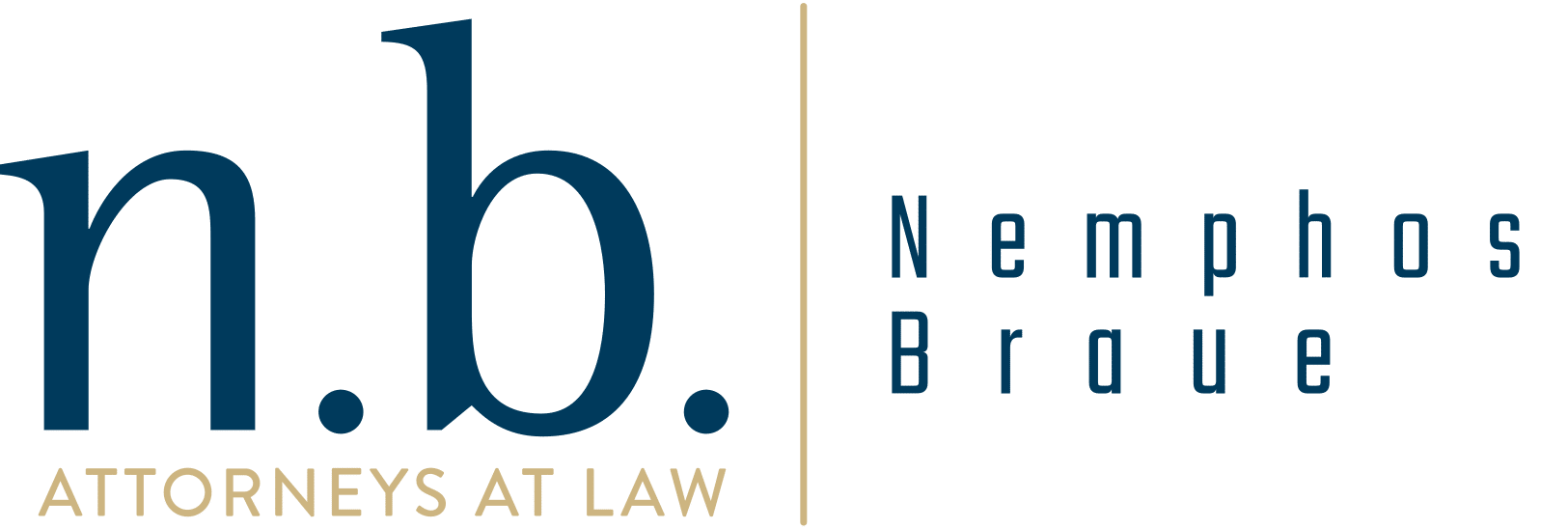Last week, Congress passed, and President Trump signed into law, the Coronavirus Aid, Relief and Economic Security Act- otherwise known as the CARES Act. The $2 trillion relief measure is the largest stimulus package in U.S. history and creates several programs focused on small businesses – defined as those with less than 500 employees.
The legislation includes the Paycheck Protection Program (PPP), a new loan program that will be administered through the SBA, that provides up to $349 billion in loans, some of which may be subject to forgiveness. Loans can be used for payroll, rent, utilities, mortgage interest and interest on debt prior to February 15, 2020.
Businesses cannot receive a PPP loan in addition to the Economic Injury Disaster Loan (EIDL) through the SBA, unless the EIDL loan is unrelated to COVID-19.
According to the National Law Review:
Loans are available for up to a 10-year term (amortized) at 4 percent interest, with six months (and up to one year) deferral of principal and interest payments. Notably, certain SBA requirements are waived.
Loans are available with:
• No personal guaranties of shareholders, members or partners
• No collateral
• No proving recipient cannot obtain funds elsewhere
• No SBA fees (may still have to pay lender processing fee)
• No prepayment fee
Eligible entities include the following (with less than 500 employees- full- and part-time):
• Businesses
• 501(c)(3) nonprofit organizations
• Veterans organizations
• Certain tribal business concerns
• Eligible self-employed individuals
• Independent contractors
• Sole proprietorships
• Businesses in the accommodation and food services industry (NAICS 72) that have less than 500 employees per physical location
According to an article in Forbes, the CARES Act “ensures that the processing and disbursement of covered loans prioritizes small business concerns and entities in underserved and rural markets, including veterans and members of the military community, and small businesses owned and controlled by socially and economically disadvantaged individuals.”
The CARES Act includes a waiver that would allow businesses that normally wouldn’t qualify for an SBA loan, such as a business with less than 500 employees that has financing from a private equity fund, or subsidiaries with less than 500 employees who are owned by a larger corporation, to apply for a PPP loan.
Some PPP loans may be eligible for forgiveness. The amount eligible includes expenses paid during the covered period including payroll, mortgage interest, rent and utilities. However, the amount of forgiveness is directly related to the business’s ability to maintain the average size of its workforce – the amount of forgiveness decreases if the business reduces its workforce or employee wages. The business must submit an application for forgiveness to the originating lender.
For more information, visit www.SBA.gov.




